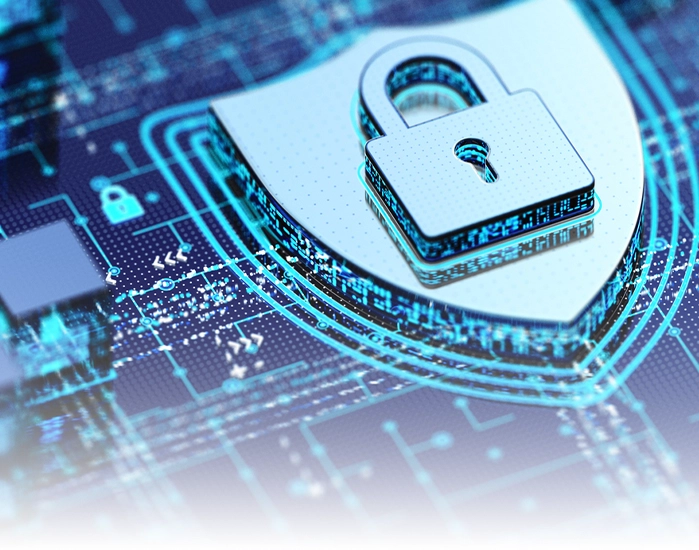
Protect What Matters
This resource is designed to provide information to help protect yourself, your information, and your money.
As an important reminder, we will never call and ask for passwords, login credentials, or other personal information. Never give this information to anyone via phone, email, or text message; instead, hang up and contact us immediately.
Is your debit card missing? Let's help you take care of it.
Contact Customer Care at 1-855-696-4352
Customer Care Center Hours (CST)
Monday - Friday 7:00 am - 9:00 pm
Saturday 9:00 am - 5:00 pm
Closed Sunday and federal banking holidays
Call 1-855-696-4352. Press 2 to follow the prompts for Debit Card Assistance.
If you have a personal checking account, use Card Controls within online banking or our mobile app to turn your card off. Learn More.
Your bank will never ask you for your online banking credentials, like a password. Never share your credentials.
If you've experienced this fraud or attempted fraud, contact Customer Care at 1-855-696-4352 or stop by your local branch during business hours.
Check fraud is the illegal use of checks to deceive or steal money from an account. It typically involves forging, altering, or creating fake checks to withdraw funds from someone else’s bank account without their permission.
If you've experienced this, contact Customer Care at 1-855-696-4352 or stop by your local branch during business hours.
We encourage you to increase your level of protection online. In today's connected world, being diligent is important.
If you know, or even think, you've been a victim of identity theft, take immediate action and follow these four steps. You can also learn more from the Federal Trade Commission (FTC).
If the activity is related to our financial institution, please contact us directly at 1-855-696-4352. If it is related to another financial institution, your credit card company, or any other organization, contact them directly.
If you believe you have received a phishing email posing as Midland States Bank, please call 1-855-696-4352.
Contact one of the three consumer reporting companies and have a fraud alert placed on your credit report. This will help stop fraudsters from opening any additional accounts in your name. You only need to contact one of the following because they are required to contact the other two:
File your complaint with the Federal Trade Commission (FTC). Sharing your identity theft complaint with the FTC will help law enforcement officials track down and stop identity thieves.
You can:
It's not always easy to identify online fraud. Spotting online fraud can be tricky, but understanding how it happens helps keep you safe.


Be cautious if someone claiming to be your card issuer asks for sensitive information. Always verify by hanging up and calling the number on your card.
Report any suspicious calls to your card issuer’s fraud team.


Fraudsters have one goal: to steal your personal and financial information. From digging through discarded mail to sending fake emails posing as trusted sources, fraud can take many forms.
Our team of dedicated professionals are here to support you.